Application Background of Process Control Actuators
In many process control systems, it is necessary to achieve highly accurate and consistent control of the flow rate of liquids or gases through an automated control system (PLC/DCS). Due to the high precision required, such systems often need to make continuous and precise small adjustments to control valves when implementing closed-loop control.
In such cases, the control valve is the core of the process control system. In variable flow systems, the flow of liquids or gases is adjusted based on variables such as flow rate, pressure, or temperature. When configuring actuators for control valves, process control actuators should be selected. These actuators are characterized by continuous adjustment, high precision/high consistency (small repeatability error and backlash), and fast response. These three characteristics of process control actuators can significantly reduce the variability of process control, ensuring the consistency of the production process and positively impacting product quality.
Process control actuators are widely used in industries such as chemicals, mining, pharmaceuticals, petroleum, natural gas, industrial combustion, and food & beverages.
Key Features of Process Control Actuators
High Precision and Consistency
One important feature of process control actuators is their high precision and consistency in positioning. In closed-loop process control systems, the variability of process factors is a key cause of control loop deviations. The higher the precision and consistency, the greater the degree of control over the process, ensuring the consistency of the final output. A typical example is industrial combustion, where the key objective is to improve combustion efficiency and maintain thermal consistency. In industrial combustion, when actuators control the flow and ratio of fuel and air, it is essential that the gas control is precise and consistent to ensure complete combustion, higher thermal efficiency, reduced fuel waste, and minimized emissions, all while meeting environmental regulations.
Continuous Adjustment
Another significant characteristic of process control actuators is their ability to provide continuous adjustment. Many industries and applications require continuous adjustment, which is why process control actuators are needed. Such flow control solutions must be able to adjust continuously without sacrificing precision and consistency, capable of enduring high demands during prolonged operation. The specific requirements for process control actuators include 100% power-on duty cycles and long lifespans under high-frequency adjustments. In food and beverage production, high-precision control of raw material proportions is necessary, requiring a process control actuator that provides high precision, consistency, and continuous adjustment.
Fast Response
Process control actuators should also possess a fast response capability. In flow control systems using air or high-pressure liquids as the medium, the rapid changes in medium parameters during the control process lead to high dynamics in the entire closed-loop process. In such applications, a process control actuator with a fast response characteristic is needed. The basic requirement is that the actuator’s response time should be 1/10th or less of the dynamic response time of the entire closed-loop process.
Choosing a Process Control Actuator
When selecting a process control actuator, it is essential to contact our technical support team! DCL will thoroughly understand the dynamic response characteristics of your closed-loop control system and the noise intensity of the electrical signals at the control site to ensure that when using the process control actuator, self-oscillation will not occur. This will ensure that your process control system achieves rapid response while maintaining consistent high-precision adjustment.
Consult with us about Process Control Actuators!

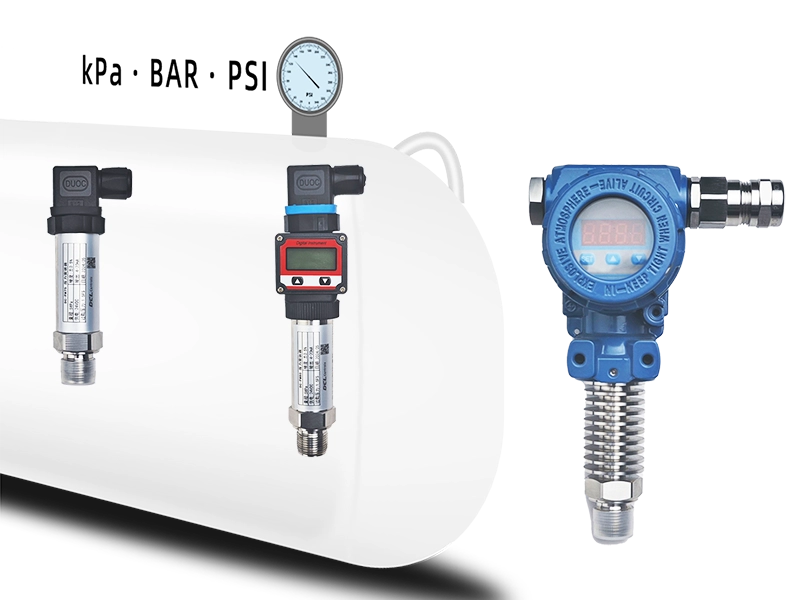
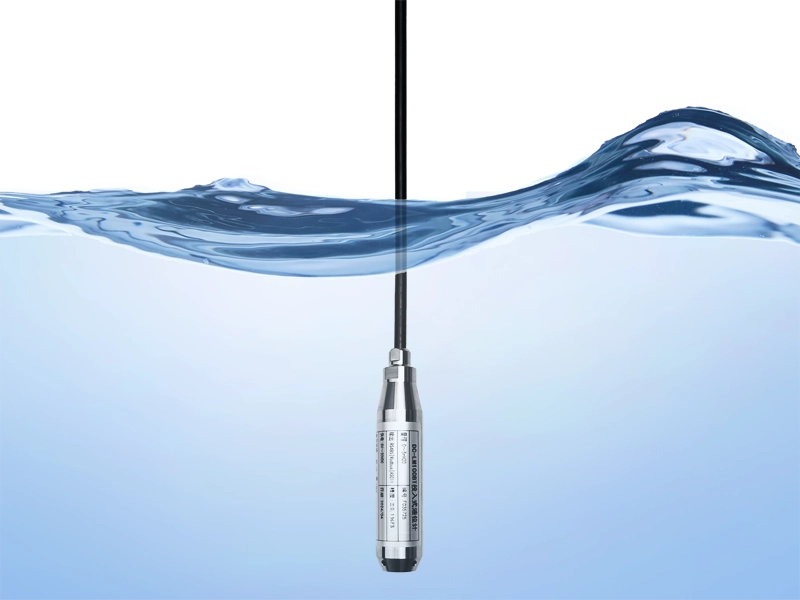





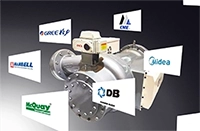


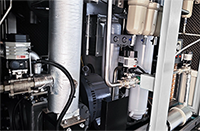



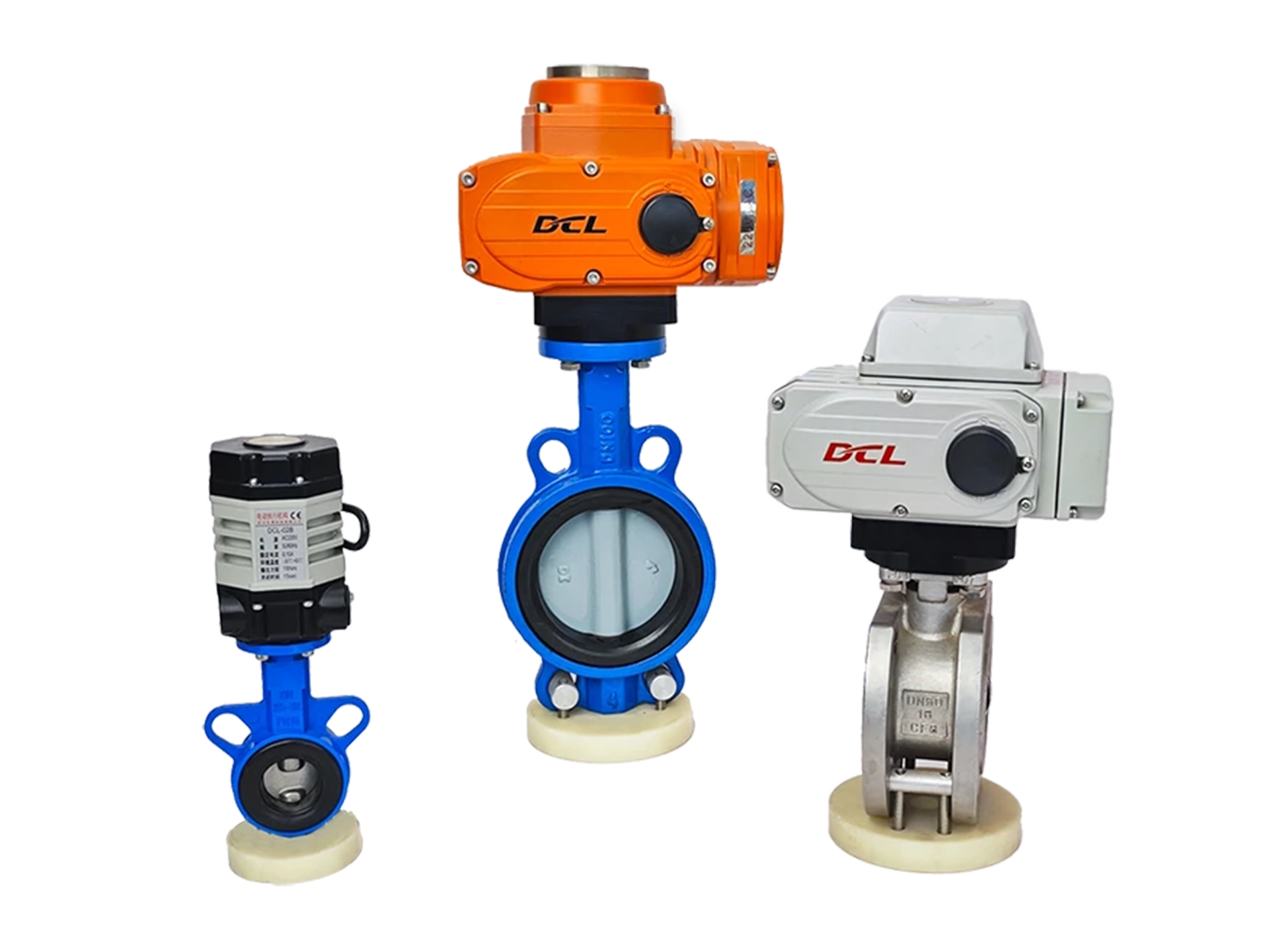












 鄂公网安备 42018502006527号
鄂公网安备 42018502006527号